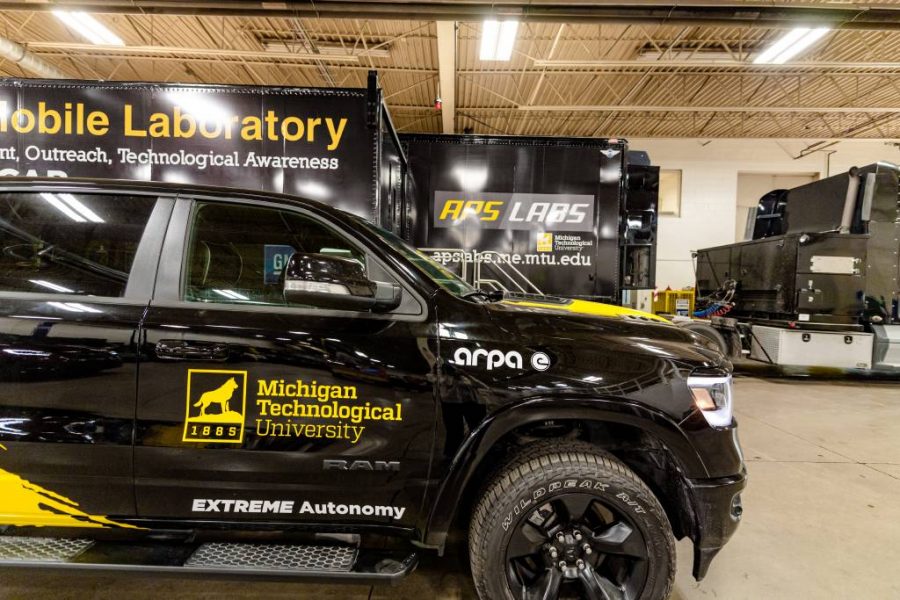Investing in Michigan’s Future
Home to almost 1/5 of all American automobile production facilities. Headquarters to 71 of the major automotive suppliers. The largest population of engineers in any state. These are some of the reasons Michigan is a natural for leading the mobility revolution. And Michigan’s combination of facilities and talent is drawing investment, especially in the funding of innovative technologies related to vehicles.
For instance, General Motors pledged a historic 7-billion dollars to create 5,000 jobs. And then Ford joined in with a $2-billion dollar investment. Ford’s commitment will secure Michigan’s internal combustion engine portfolio, support future electric vehicle (EV) manufacturing growth, and grow 3,200 jobs. Michigan lawmakers also created a 1-billion dollar fund to attract Electric Vehicle (EV) technology.
These developments bode well for the automotive industry of the Great Lakes State. And even more so for higher-education institutions that specialize in engineering and STEM, such as Michigan Tech.
Reskilling for the Evolving Automotive Industry
The mobility revolution will require the reskilling of the current automotive workforce. It will also speed up the training of software developers, engineering technicians, electrical and electronics engineers, systems engineers, and first-line supervisors. From the manufacturing floor to the design room to the manager’s office, those in the automotive industry will need additional education. They will need skills in the fundamentals of electrified vehicles, batteries and electric storage, automotive systems, controls, communication networks, signal processing, and cybersecurity.
Michigan Technological University is once again ready to take up the challenge of reskilling the automotive workforce. We were there in the early days (or some might say, “back in the day”). In the early 1970s, ME-EM started developing its world-class expertise in combustion engines. Then, in the mid-1990s, ME-EM faculty also hosted short courses on noise and vibration, both on MTU’s campus and then on-site at Ford. It was about the same time that ME-EM offered some of our university’s earliest distance courses to General Motors (GM).
Since then, Tech has collaborated with the mobility industry, training both its current and future workforce to meet its ever-evolving needs. One example, developed by Michigan Tech, GM, the Michigan Academy of Green Mobility, and AVL, is our 15-credit certificate in hybrid electric drive engineering.
Automotive Programs at Tech and Through Global Campus
Tech also offers a very specific certificate in automotive systems and controls. This certificate prepares graduates with skills in controls, systems engineering, and systems integration. And these are just a few of the innovative online programs offered through the Michigan Tech Global Campus.
The rapidly expanding College of Computing at Michigan Tech (70% growth since 2014!) is also stepping up to the plate. Its versatile programs in computer science, software engineering, cybersecurity, data science, mechatronics, computer network, and system administration are all relevant to the mobility industry. Computing, as we all know, is everywhere.
And then there is Michigan Tech’s impressive Advanced Power Systems (APS) LABS, which offers customizable on-site and online automotive courses, in 35 system and subsystem areas. For several years, APS has supplied the automotive industry with research, resources, outreach services, training, and talent. It exemplifies innovation on wheels. (Stay tuned for a deeper look into APS!)
Wherever the mobility revolution takes us, rest assured that Michigan Tech, Global Campus, and APS LABS will be along for the ride.
